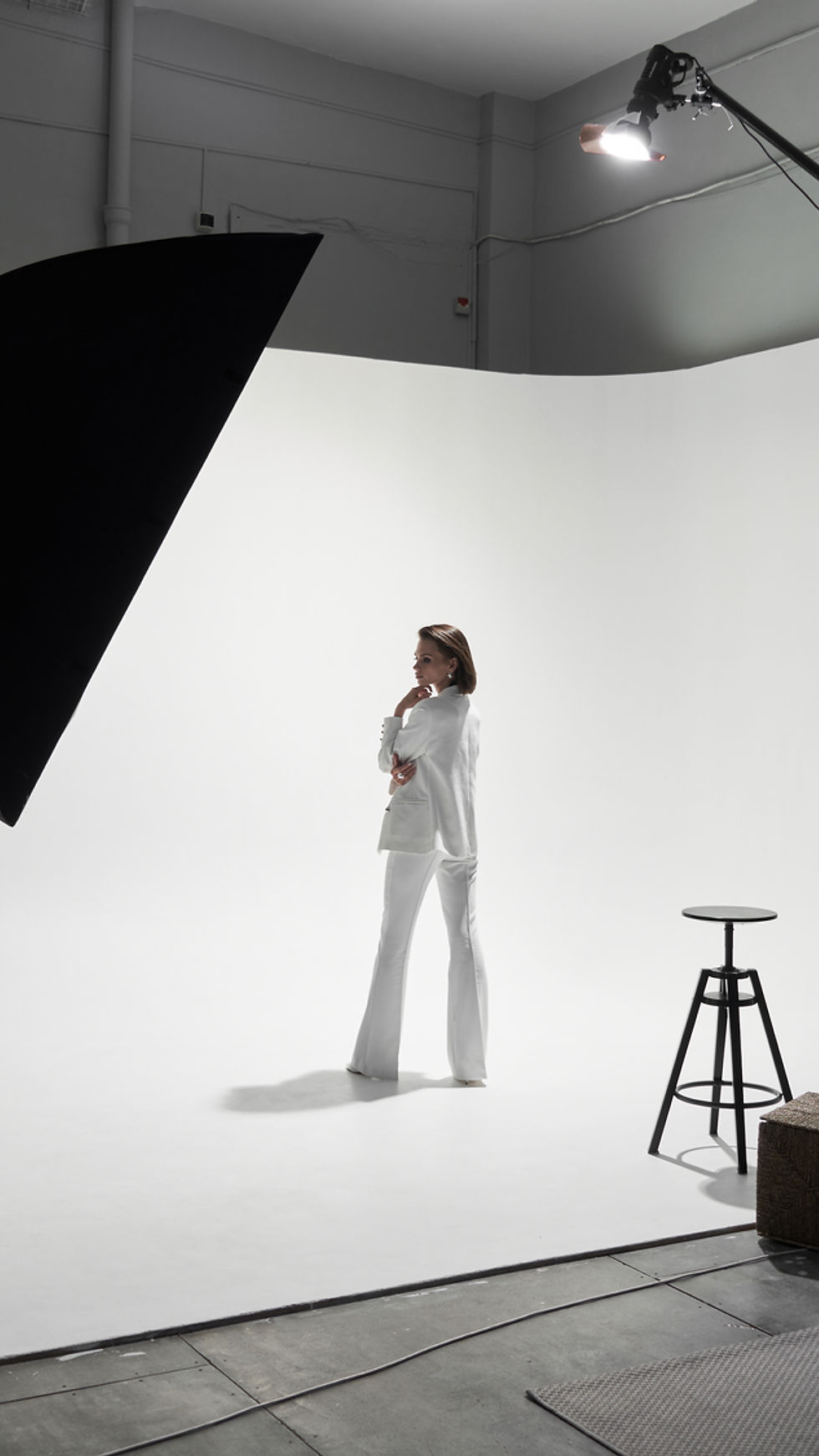The Director's Toolbox: Essential Techniques for Creating Memorable Performances As a director, your role is to bring a vision to life and guide actors to deliver memorable performances. Just like a toolbox is essential for a handyman, there are certain techniques and tools that every director should have in their arsenal. In this blog post, we will explore some of these essential techniques that will help you create performances that leave a lasting impact on your audience. 1. The Script: The foundation of any great performance starts with a well-written script. Take the time to thoroughly analyze the script, understand the characters, and identify the key moments that need to be highlighted. This will give you a solid base to work from and help you guide your actors effectively. 2. Communication: One of the most important skills a director can possess is the ability to effectively communicate with their actors. Take the time to build a rapport with your cast, create a safe and collaborative environment, and clearly articulate your vision. Encourage open dialogue and be receptive to your actors' ideas and interpretations. 3. Understanding the Actor's Process: To get the best performances out of your actors, it's crucial to understand their process. Each actor is unique and may require different approaches. Some actors thrive on improvisation, while others prefer a more structured approach. Take the time to understand your actors' strengths and weaknesses and tailor your direction accordingly. 4. Creating a Collaborative Environment: Collaboration is key to creating memorable performances. Encourage your actors to bring their ideas to the table and be open to experimentation. Foster a sense of trust and respect among your cast and crew, and create an environment where everyone feels comfortable taking risks and exploring new ideas. 5. Visual Storytelling: As a director, you have the power to visually tell a story. Use your camera angles, lighting, and composition to enhance the emotional impact of a scene. Experiment with different visual techniques to create a unique and engaging visual language that supports the narrative. 6. Rehearsal Techniques: Rehearsals are where the magic happens. Use this time to explore the characters, their relationships, and the overall dynamics of the story. Encourage your actors to dive deep into their characters and experiment with different choices. Provide constructive feedback and guide them towards finding the truth in their performances. 7. Attention to Detail: Paying attention to the smallest details can make a significant difference in the overall quality of a performance. From costume choices to set design, every element should contribute to the storytelling. Be meticulous in your approach and ensure that every aspect of the production aligns with your vision. 8. Adaptability: As a director, you need to be adaptable and open to change. Sometimes things don't go as planned, and you need to think on your feet. Embrace the unexpected and be willing to make adjustments to your original vision. This flexibility will allow you to find creative solutions and ultimately create a more memorable performance. In conclusion, the director's toolbox is filled with a diverse range of techniques and tools that can be utilized to create memorable performances. By understanding the script, effectively communicating with your actors, fostering a collaborative environment, and paying attention to detail, you can bring your vision to life and leave a lasting impact on your audience. So, grab your metaphorical toolbox and start creating unforgettable performances!


Comentarios